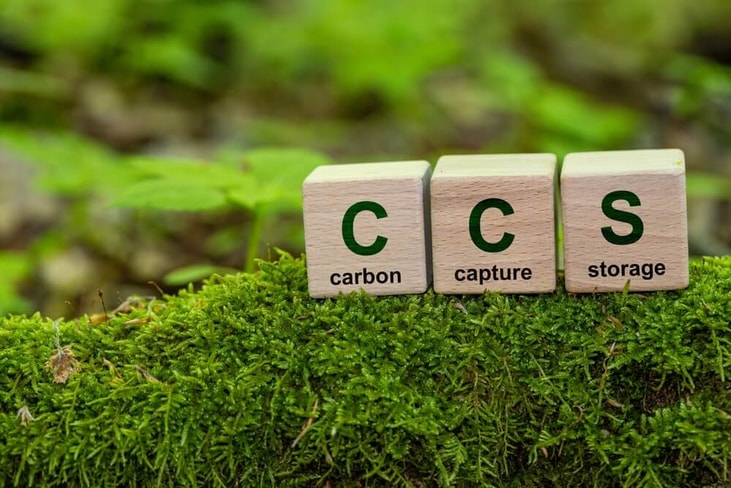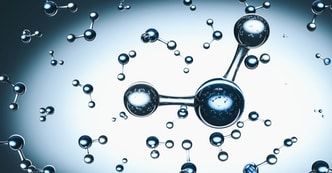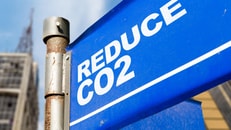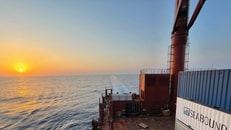Italy’s Eni reaches financial close on Liverpool Bay CCS project in UK
Italy-headquartered energy company Eni has reached financial close with the UK government for its Liverpool Bay carbon capture and storage (CCS) project, enabling the development to begin construction shortly.
The project forms the backbone of the HyNet industrial cluster in North West England and North Wales, where Eni is responsible for operating the carbon dioxide transport and storage system. It will involve repurposing offshore platforms and more than 180km of pipeline infrastructure to transport captured CO2 from industrial sites to permanent geological storage in depleted gas fields under Liverpool Bay in the Irish Sea.
According to Eni, construction will begin later this year, with operations expected to start in 2028.The project will initially be able to store up to 4.5 million tonnes of CO2 per year, with plans to scale up to 10 million tonnes annually by the 2030s.
... to continue reading you must be subscribed




























